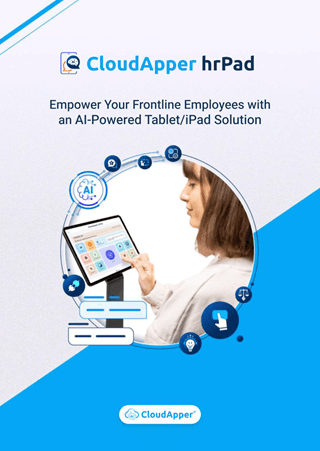To help ensure safe and healthful workplaces, OSHA has issued a new Process Safety Management (PSM) standard pertaining to Highly Hazardous Chemicals (HHCs). The standard recognizes the requirements connected to the management of Highly Hazardous Chemicals and aims to prevent the risk of unwanted and/or unplanned release of HHCs in the workplace.
Any company regardless of its size, involved in on-site storage, handling, and/or moving of HHCs (defined by 29 CFR 1910.119) at or above the threshold quantity mentioned by OSHA must comply with this standard. Some examples of small businesses with potential Process Safety Management compliance requirements include:
- asphalt paving/roofing materials
- paints, varnishes, enamels
- textile mill products
- lumber and wood products
- fabricated metal
- fabricated rubber products
- paper and allied products
- petroleum and refinery
- stone, glass, and concrete.
Two of the most emphasized aspects of the standard include Process Safety Information (physical, chemical, and toxicological information related to the chemicals, process, and equipment) and a Process Hazard Analysis (systematic assessments of the potential hazards associated with an industrial process).
Process Safety Information requires employers to prepare a list of any hazardous chemicals in the workplace and log their toxicity, permissible exposure limits, physical data, and other specific information concerning the chemical. The organization must also provide Safety Data Sheets (SDS) that contain the properties of each chemical; including the physical, health, and environmental health hazards associated with these chemicals. Other PSI requirements include an understanding of any toxicological hazards (runaway reactions, side reactions); a flow-chart of all process technology; and information pertaining to equipment used in the process.
Small businesses often find it difficult to comply with PSM. They can find a lot of this information from existing sources like shipping and receiving manifests, equipment design, and operating documents, and manufacturer specifications to minimize the effort/expense of compliance.
Process Hazard Analysis (PHA) focuses on identifying and analyzing the magnitude of potential hazards associated with the processing and handling of hazardous chemicals. A PHA gives careful consideration to what could go wrong with the use of onsite hazardous chemicals and what safeguards must be implemented for employers/employees to prevent the release of hazardous chemicals.
Most of the time, OSHA expects small businesses to have fewer quantities of HHCs and less complicated processes than larger facilities. That’s why OSHA has identified two different PHA methodologies that small businesses can review and use while preparing a PHA to make it easier for them to comply.
Most small businesses engage in processes which are similar to each other. For cases like these, Industry Associations can prepare standardized template PHAs. These templates can be used later as a reference to develop business-specific PHA.
Now that you’re familiar with the aspects of PSM, find out how to manage them! Safety Assure helps companies establish a safer workplace without the administrative burden. Our easy-to-use mobile app for OSHA enables businesses to create, store, and share all PSM documents and conduct inspections to ensure compliance. Complying with safety standards to avoid penalties and lower operational costs have never been easier!
What is CloudApper AI Platform?
CloudApper AI is an advanced platform that enables organizations to integrate AI into their existing enterprise systems effortlessly, without the need for technical expertise, costly development, or upgrading the underlying infrastructure. By transforming legacy systems into AI-capable solutions, CloudApper allows companies to harness the power of Generative AI quickly and efficiently. This approach has been successfully implemented with leading systems like UKG, Workday, Oracle, Paradox, Amazon AWS Bedrock and can be applied across various industries, helping businesses enhance productivity, automate processes, and gain deeper insights without the usual complexities. With CloudApper AI, you can start experiencing the transformative benefits of AI today. Learn More


















